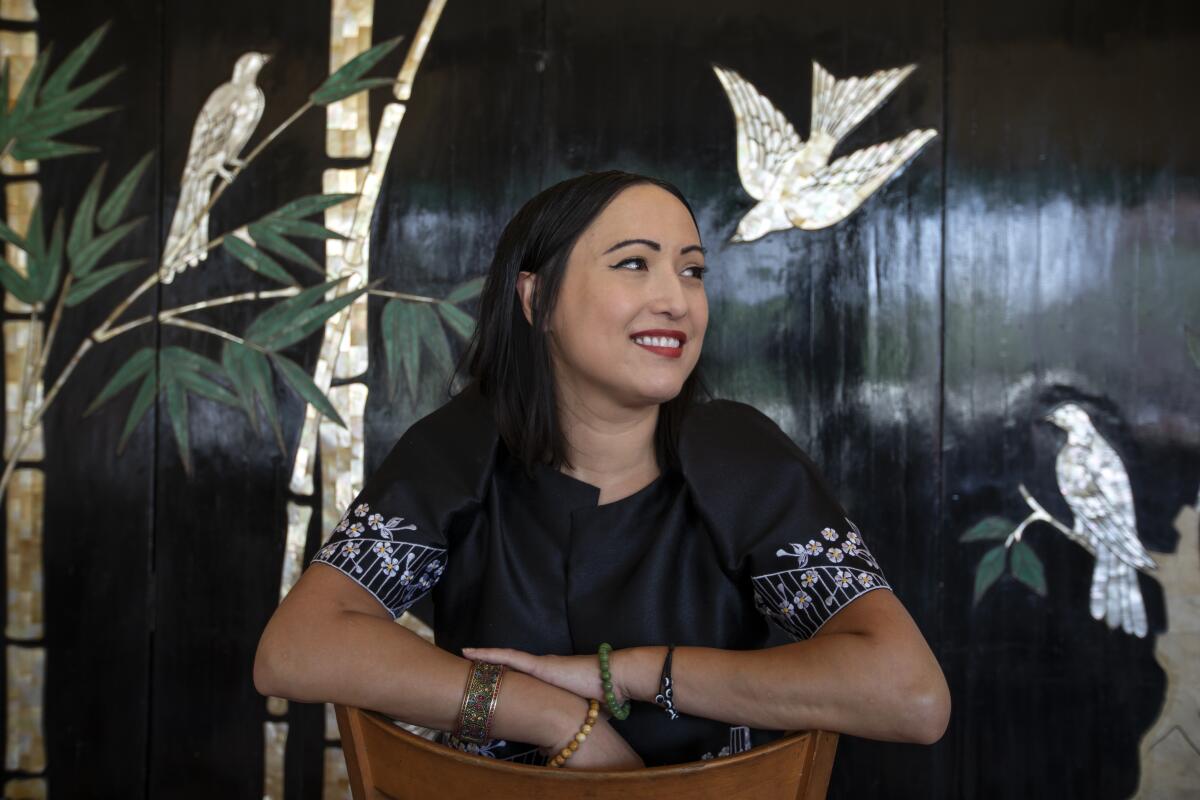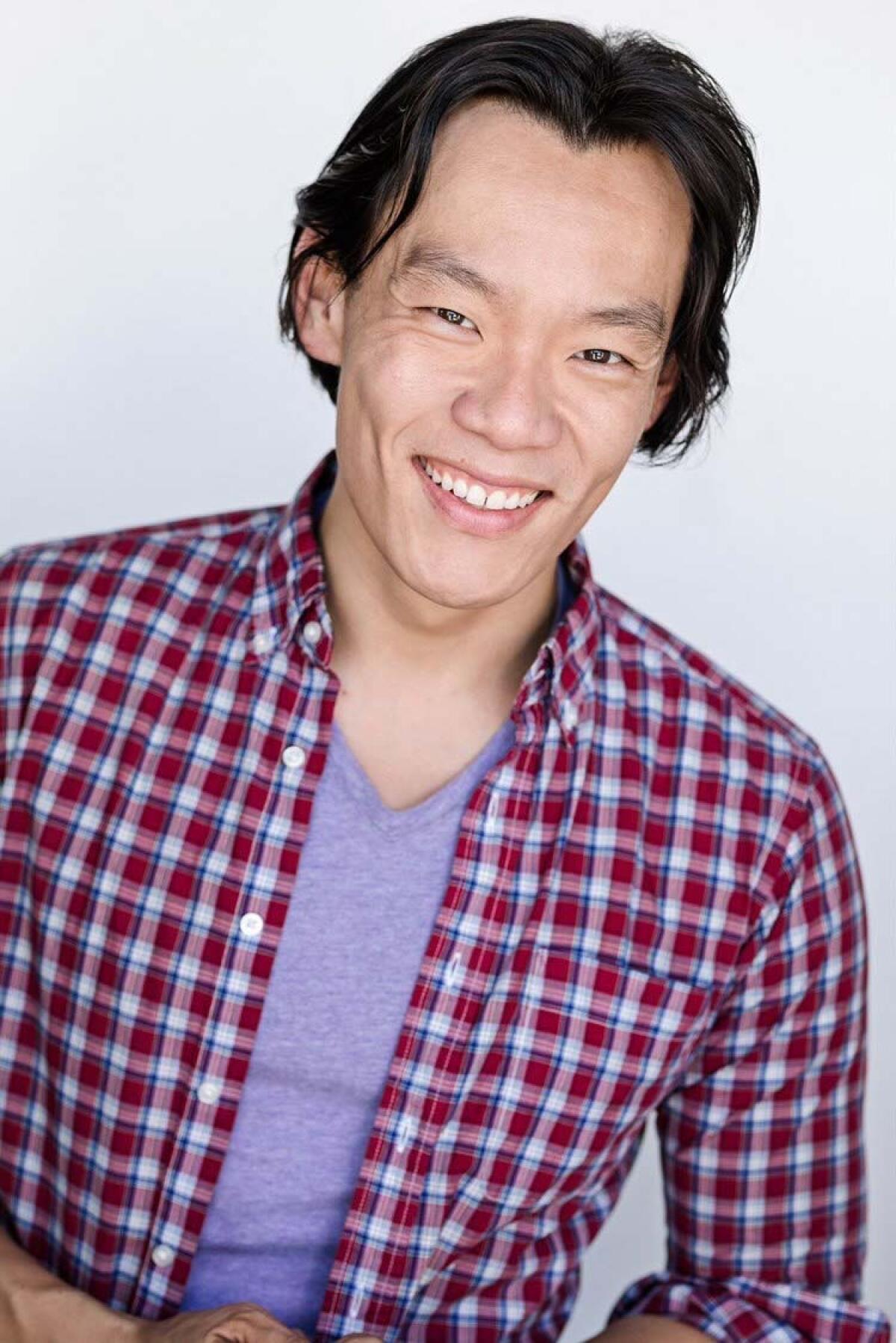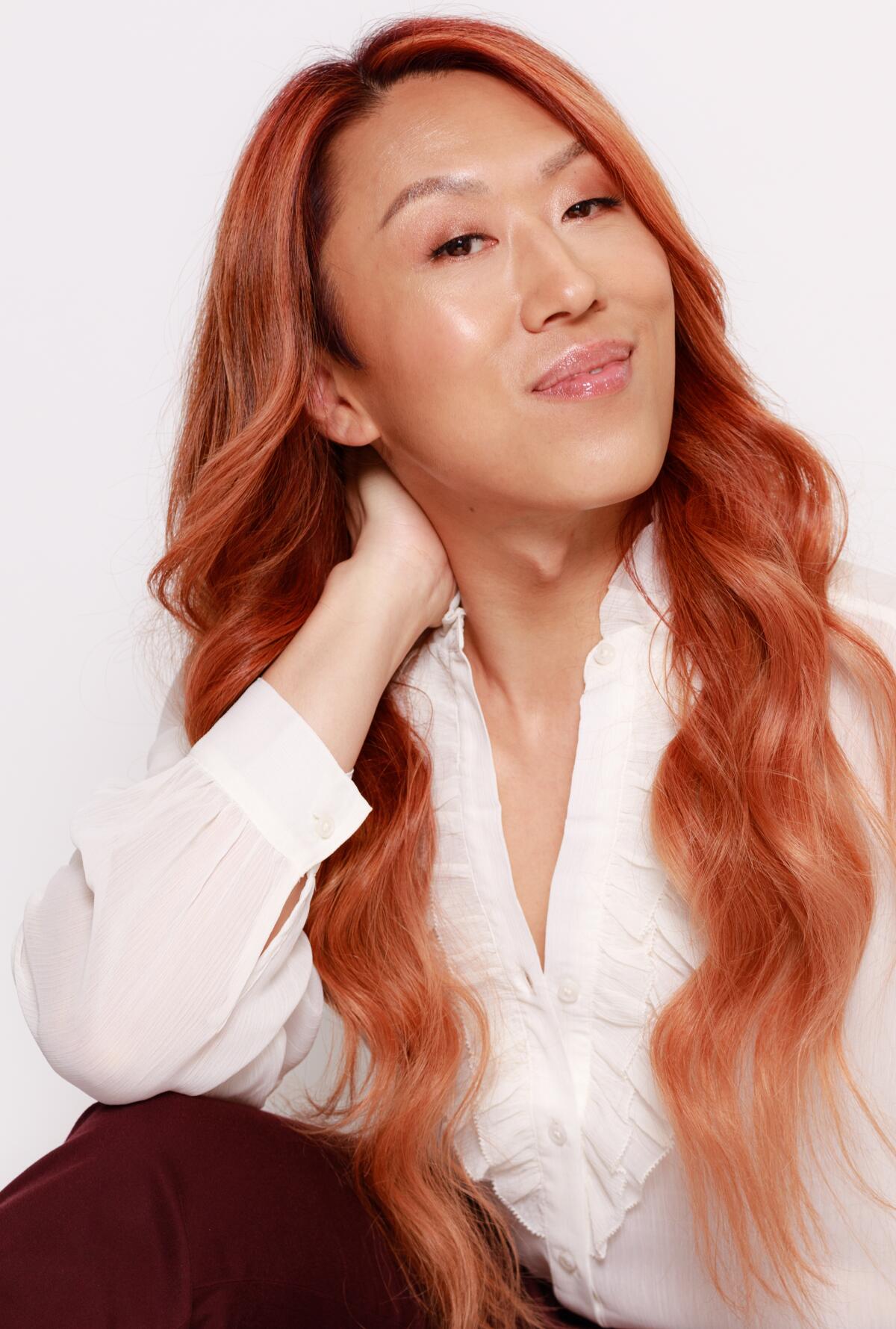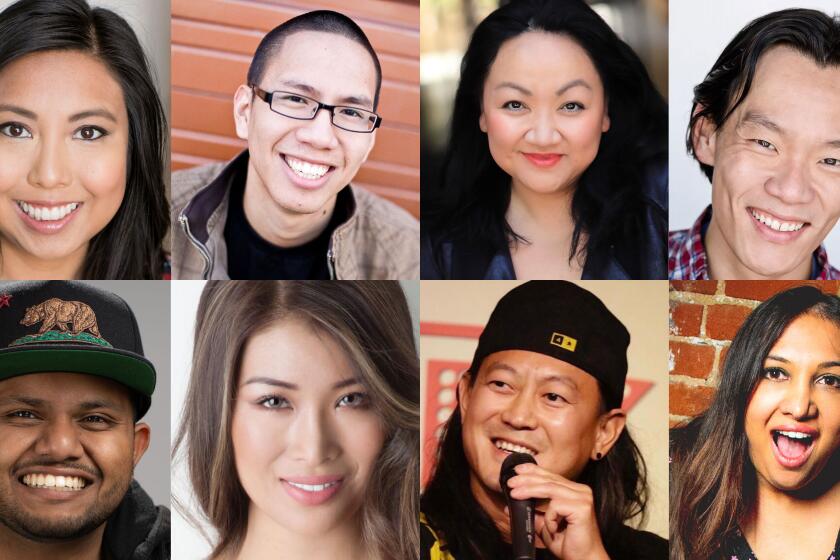Smuggled, Heartbroken and Triumphant: How 3 Comics Tell the Immigrant Story

Between bites of crispy lumpia, Ana Tuazon Parsons tells the story of how she was smuggled into America.
The story, as told by her tita and tito, echoes Americaâs immigrant experience. Her mother, Lourdes Tuazon, was determined to give her daughter a better life. So Tuazon hired a woman who was in the âbusiness of getting Filipinos into the United Statesâ and booked a flight from the Philippines to Canada. When they reached Vancouver, Tuazon walked the rocky beach along the Washington border, holding her daughterâs small hand, and crossed into the U.S.
Parsons pauses here. Her shoulders, covered with bolero butterfly sleeves adorned with embroidered sampaguita (the Philippine national flower), rise and fall. Her eyes glisten and then she smiles, recalling her last memory of her mother, who died when Parsons was 7 years old. âWe were driving in a cab back from work, and the last song I heard was âI [Just] Called to Say I Love Youâ by Stevie Wonder,â she laughs. âThat Stevie Wonder, man. He gets ya!â
Sharing a meal over fragrant plates of tapa and sisig at L.A. Rose Cafe in Hollywood, much of the conversation with Parsons, a budding Filipino American comedian, sways like this. In one moment she details uprooting from New Jersey where she lived with her mother to Santa Barbara with Annie Parsons, her tita and adopted mother. Her voice steels when talking about loss of identity, depression and growing up with feelings of abandonment in a predominantly white environment. Then in a flash, she is shaking her head with a wide grin and recalling her high school days rocking out at punk shows and relating to âThe Breakfast Club.â âI was feeling seen through John Hughes,â says Parsons. âA white guy, fâ Illinois, whoâs writing the story about these kids who donât belong.â
The profound and painful tribulations of the Asian American journey are centered in âAsian American Eyzâd: An Immigrant Comedy Specialâ â a project by Parsons and her counterparts Nicky Endres and Aidan Park that was the culmination of a yearlong production effort. Shot a week before the pandemic, the special was released this April on Reel Womenâs Network, a platform dedicated to uplifting female storytellers.

For Parsons, the film was an opportunity to create space for immigrant stories and challenge the Asian American narrative. While her career in comedy was born nine years ago with âthe break-up setâ â she propped her ex-boyfriendâs photo onstage during her debut at New Yorkâs Gotham Comedy Club â her work today focuses on highlighting the Asian American community. Parsonsâ pilot, âThe Asian That Didnât,â explores issues of belonging and was a finalist for the Sundance Episodic Lab and a semifinalist for Showtimeâs Tony Cox Award. Her jokes have evolved too. Though past sets leaned on dog-eating jests, she is constantly reworking her sets to âpunch up, not punch down.â
âBeing able to take ancestral trauma and turn it into art and into something that can be healing is part of my purpose,â says Parsons.
Broken into three parts, the one-hour special details each comicâs story of growing up in America as an immigrant. Often their stories are less comedic and more a raw conversation about surviving in America. âThatâs something I think other immigrants need to feel,â says Felipe Figueroa, who directed the special. âYou are not alone. Even if you feel like you are âothered,â there are other others out there.â
When Park, who is Korean, takes the stage and shares that he is HIV-positive, the audience falls silent. Yet it is a silence he wields into a fantastic tale about love and loss that culminates in an attempted salvation by a rhinestone-studded Nickelback look-alike in upstate Washington.
âThe worst thing in life is to feel alone in your pain. Period. The End,â says Park when contemplating his decision to share his stories. âShame is the No. 1 inhibitor to being happy. In that case, I will put it out there. As I started doing that more and more, people felt closer to me, not further away.â

Amplifying these sentiments, Endres opens her set with: âMy nameâs Nicky. I identify as nonbinary, transfeminine,and genderqueer.â Her story takes the audience to the cornfields of Wisconsin, where she struggled with identity as an adopted child from Korea. âThe person with the mic shares some of the most vulnerable, difficult things to talk about, and yet itâs done in a container where the expectation is ⌠and weâre all going to laugh about it,â says Endres. âThat kind of unspoken agreement between audience and comic â I live for it. Weâve agreed for this split second of time to give each other a chance.â
These moments of vulnerability are where all three comics shine and have us tugging our seats closer to the stage. Parsons, the showâs first act, ends with a cherished memory of her mother comforting her in the middle of the night with Tagalog, cooing âmahal kitaâ (I love you) to help Parsons sleep. Yet the memory also left her with a bittersweet reminder that while her mother would not always be there to take away the years of trauma, âour ancestral pain could be our ancestral power.â
More to Read
The biggest entertainment stories
Get our big stories about Hollywood, film, television, music, arts, culture and more right in your inbox as soon as they publish.
You may occasionally receive promotional content from the Los Angeles Times.











